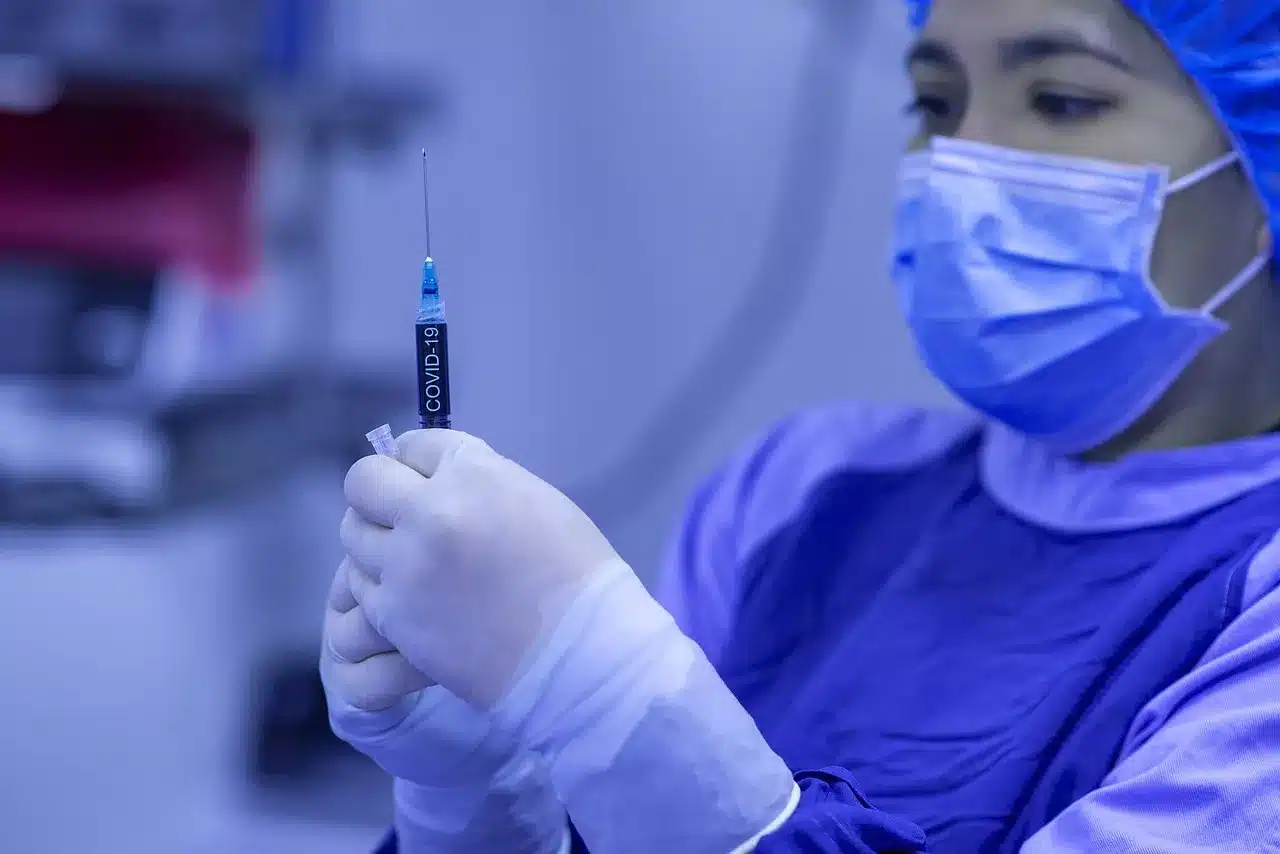Transitioning into nursing as a second career doesn’t have to be a challenging task. With a bachelor degree in other fields, you can use that degree to perform an accelerated Bachelor of Science in Nursing program (ABSN), then complete the education in about two years.
However, if you don’t have a bachelor’s degree, there are also other options that you can consider. Below, we will explore how you can transition into a nursing career.
Consider the program requirements
You can also become a nurse even if you have a bachelor degree in a different field from an accredited university. All you need is one of these online nursing degrees programs depending on your choice.
However, it is important to note that each school has its different program requirements.
You have to consult with admission counselors to know what previous coursework can apply towards your intended nursing degree.

Enroll in the required courses
When transitioning into nursing, you will require certain courses to help you complete your degree. An admission counselor can help you with this.
Some of these crucial courses could include microbiology, statistics, anatomy and physiology to give you proper foundation.
Depending on your program requirement, you might need to acquire these prerequisite courses at an accredited institution or online.
Hiring? Post jobs for free with WhatJobs
Begin your education
Each school has its curriculum, however it is vital you get hands on skills through clinical practices at healthcare facilities.
You must complete a certain number of clinical hours for the duration of your program, however, this depends on your program requirement and licensing.
The ABSN requirements usually range from 700 to 800 hours of training and practice.
Additionally, the coursework usually includes pharmacology concepts, health assessment, adult care and older adult care, childbearing and women’s care, mental health and psychiatric nursing, adolescent and children care and leadership and management.
Take the nursing licensure exam
After getting your nursing degree, next up is the National Council Licensure Examination (NCLEX).
The nursing licensure exam is usually managed by the National Council of State Boards of Nursing (NCSBN). The NCLEX exam comes in two forms: the NCLEX-PN required for being a licensed practical nurse and NCLEX-RN a computer exam required by every state nursing board for the qualifications of a registered nurse.
Note that after passing the NCLEX exam, you have to apply to your state’s nursing board to get a practice license.
Additionally, aside from passing the national nursing exam, certain licensing boards need applicants to provide professional reference and complete fingerprinting and background check.
Get your nursing certification
While gaining experience, many individuals seek to specialize.
Opting for professional certifications can help you show advanced skills and knowledge in certain nursing areas. When applying for jobs, certifications can be a point of distinction from other applicants, show you commitment to learning, and even help you in career advancements.
There are various professional certifications in nursing. They have their own requirements and work experience, so choose that which aligns with your aim.
Need Career Advice? Get employment skills advice at all levels of your career
Endnote
If you have a bachelor degree in another field other than nursing, you can use two years to get a degree that qualifies you for a nursing job via the accelerated Bachelor of Science in Nursing program.
Making this career choice is a good decision, but you have to be prepared for the challenges that you might encounter




